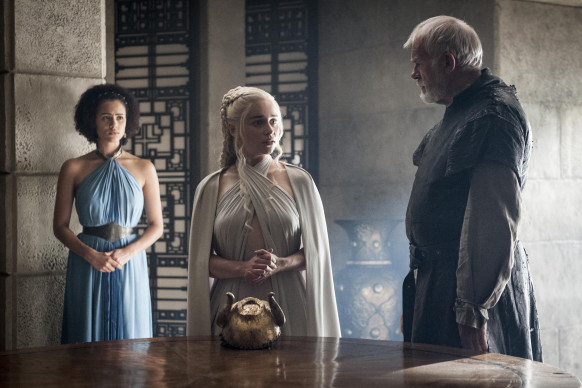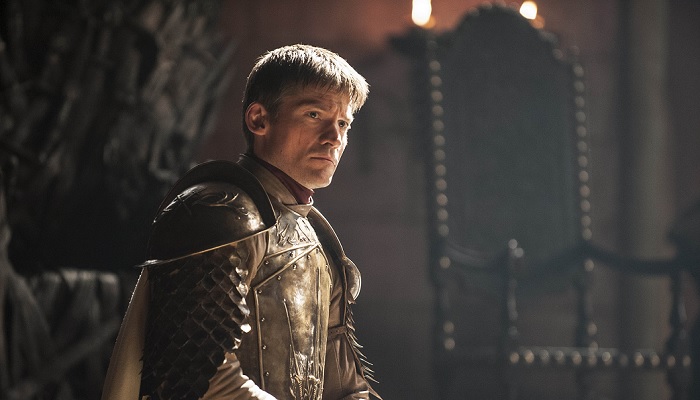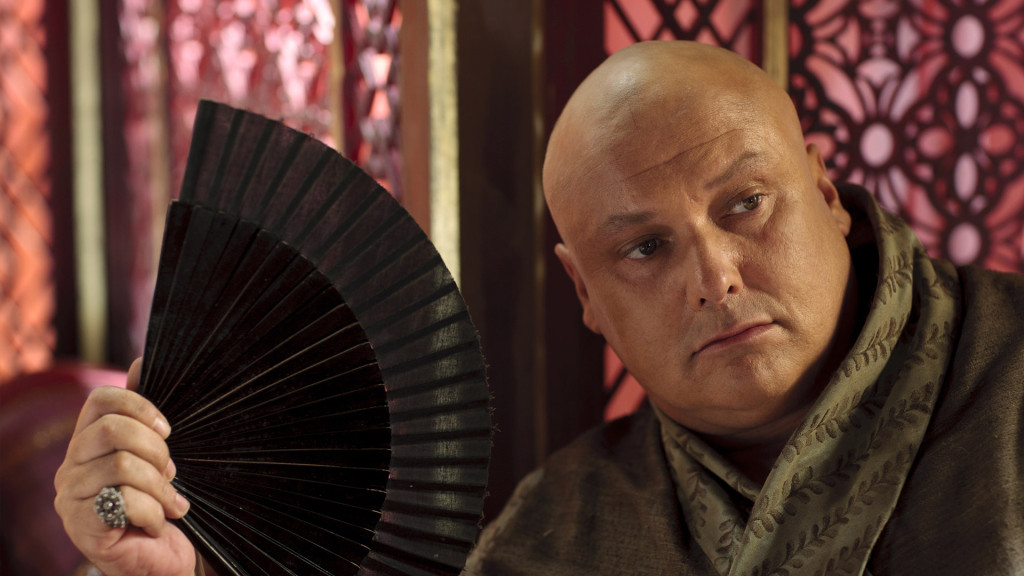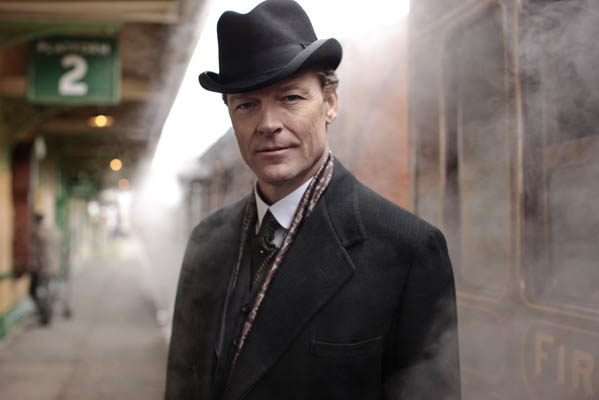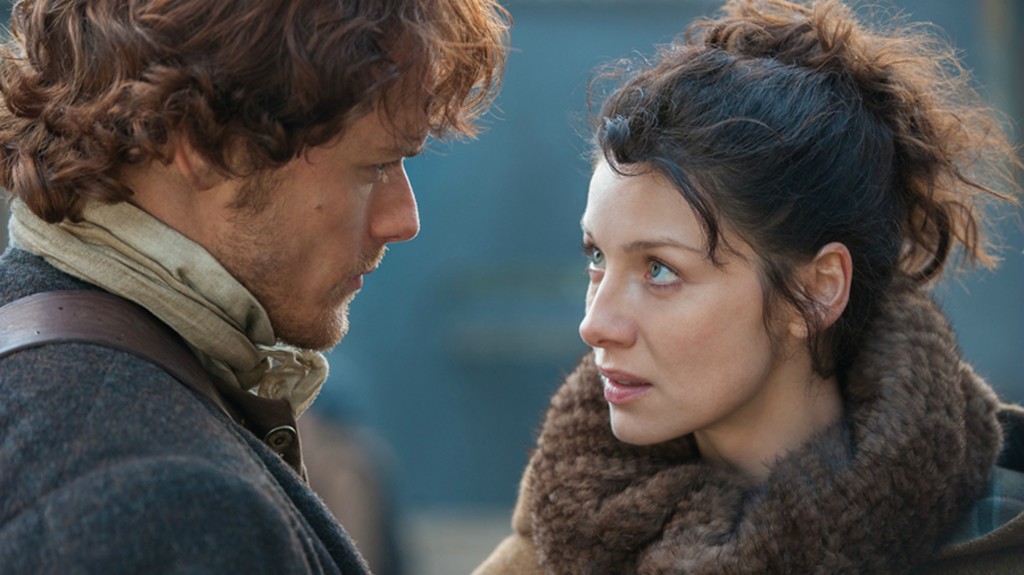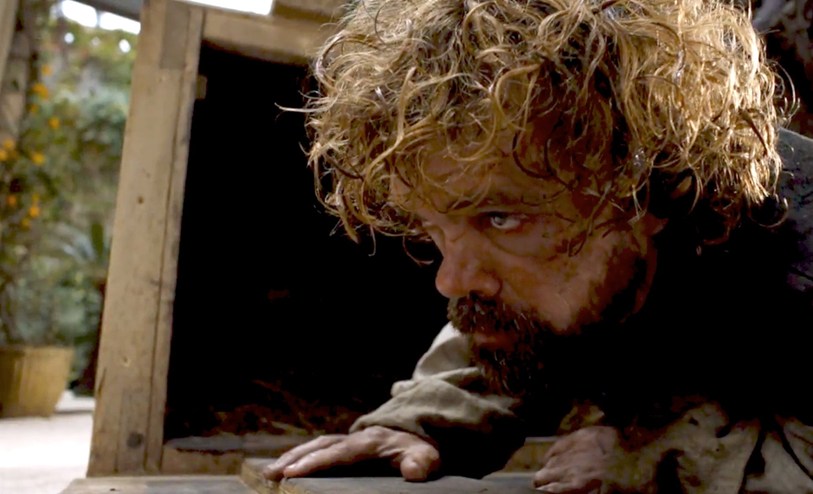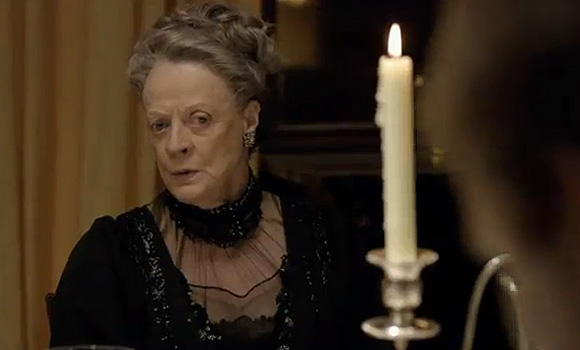Game of Thrones Season 5 Recap: Episode 2
Written by Ian Thomas Malone, Posted in Blog, Game of Thrones, Pop Culture
This recap features analysis from a devoted book fan. Spoilers will largely be kept to comparisons between the show and the books within the episodes themselves, but if you hate spoilers you should probably not read these articles. I encourage you to subscribe so you never miss a recap. Thank you for reading.
While I’ve generally been completely fine with the deviations from the books, this episode featured two that I thought were mistakes. Since the beginning, Jon and Cersei have been two of the show’s favorite characters. This generally means that deviations will work to these characters’ benefit as much of what needs to be cut from the books will come at the expensive of a different character.
Which made the ten seconds the show gave to the election for Lord Commander of the Night’s Watch puzzling. This is a big deal in the books and it should be a big deal in the show as well. Yet for whatever reason, the show gave it just about as much time as Brienne’s dinner with Podrick.
Naturally the election is far more complex in the books. It’s worth noting that Lord Janos Slynt, not Ser Alliser Thorne, was the bad guy candidate in the books. It was also heavily implied that Jon would have been executed if Slynt were elected.
The show did allow Samwell to play a part in the election, though it stripped him of his elaborate plan inspired by Maester Aemon. In the books, Samwell convinces Denys Mallister, commander of the Shadow Tower, and Cottor Pyke, commander of Eastwatch-by-the-Sea, to drop out of the race and support Jon because neither alone would have the backings to beat Slynt. This House of Cards style manipulation was reduced to a simple heartfelt speech in the show.
Samwell has never been a favorite of mine and the scheme would’ve been too elaborate for the show to pull off. The only problem with the election itself was that I don’t really think a convincing argument was made for picking Jon over Ser Alliser. Janos Slynt probably should have still be the candidate as he’s not an experienced Brother who didn’t play a pivotal role in the defense of Castle Black.
The more important problem was the neglect of Stannis’ offer to legitimize Jon. This is also a big deal. Jon could avenge his father, brothers, sister(s), and fulfill a lifelong desire to truly become a Stark with one word. He doesn’t and ultimately, we know why, but the show decides to scoot right by this without giving it the proper attention it deserves.
Honor is a big theme in Game of Thrones. Characters like Ned and Robb pay heavy prices for choosing honorable decisions. Cersei and Littlefinger get ahead by ignoring it. It shouldn’t be surprising that Jon chose to stay true to his vows, but we missed out on the grappling that should have occurred. This would have been a great opportunity to have another heart to heart with Maester Aemon about duty and family.
The pacing of the Wall storyline kind of explains this. The election happened in A Storm of Swords and I don’t think lingering much longer would have been a good idea and other storylines even at the Wall are well into A Dance with Dragons. Problem was that it was really only mentioned in passing last episode. The seed for this could have been planted last episode, possibly instead of burning Mance, which didn’t need to happen this early.
The other deviation in this episode that really bugged me was with Cersei and Kevan. In the books, Cersei offers Kevan the position of Hand of the King, which he says he will only accept if Cersei also makes him Regent and goes back to Casterly Rock. This offer also happened in a private conversation rather than during a Small Council Session. There is no “Master of War” in the books and its presence in the show is strange, but not particularly important.
It goes against the Lannister commitment to family to have Kevan call out his niece in front of the Lord of a rival House, though the show has made no effort to make Mace Tyrell look like any threat at all. Kevan isn’t a character that the show, or the books for that matter, have paid much attention to, but he is a Lannister and Lannister’s don’t pull that kind of nonsense. As the person Tywin trusted most, he should have known better. The seeds for Cersei’s fall have been planted, but in a weird way.
The Daenerys stuff is pretty straight forward, though sort of boring. I like the Sons of the Harpy plotline as a war with Yunkai would be difficult to pull off in the show given Dany’s resources and allotted screen time. In the books, Dany has a relatively large force behind her, but the show has reduced this significantly to merely her Unsullied, the Second Sons, and Ser Grandfather.
I liked the rest of the episode. It’s pretty clear (and disturbing) what Littlefinger is planning to do with Sansa. Brienne is following her because she has nothing else to do. Roose and Ramsay are having fun in Winterfell with Reek being Reek.
At first, I disliked having Jaqen H’ghar take the place of the Kindly Man in the House of Black and White, but it makes sense. That storyline is weird and having a familiar face around makes it (sort of) less weird. He and Arya are great together too.
It was nice to see Bronn, who isn’t shown in the books after his departure prior to Tyrion’s trial (though we hear about plenty of amusing Bronn antics). Jaime’s plan seems farfetched, but he and Bronn have great chemistry. The Dorne stuff isn’t an interesting as I’d hoped, but that was true of them at this point in the books as well.
That’s it for this week. If you enjoyed this recap, I encourage you to check out my other GOT/ASOIAF related articles.





